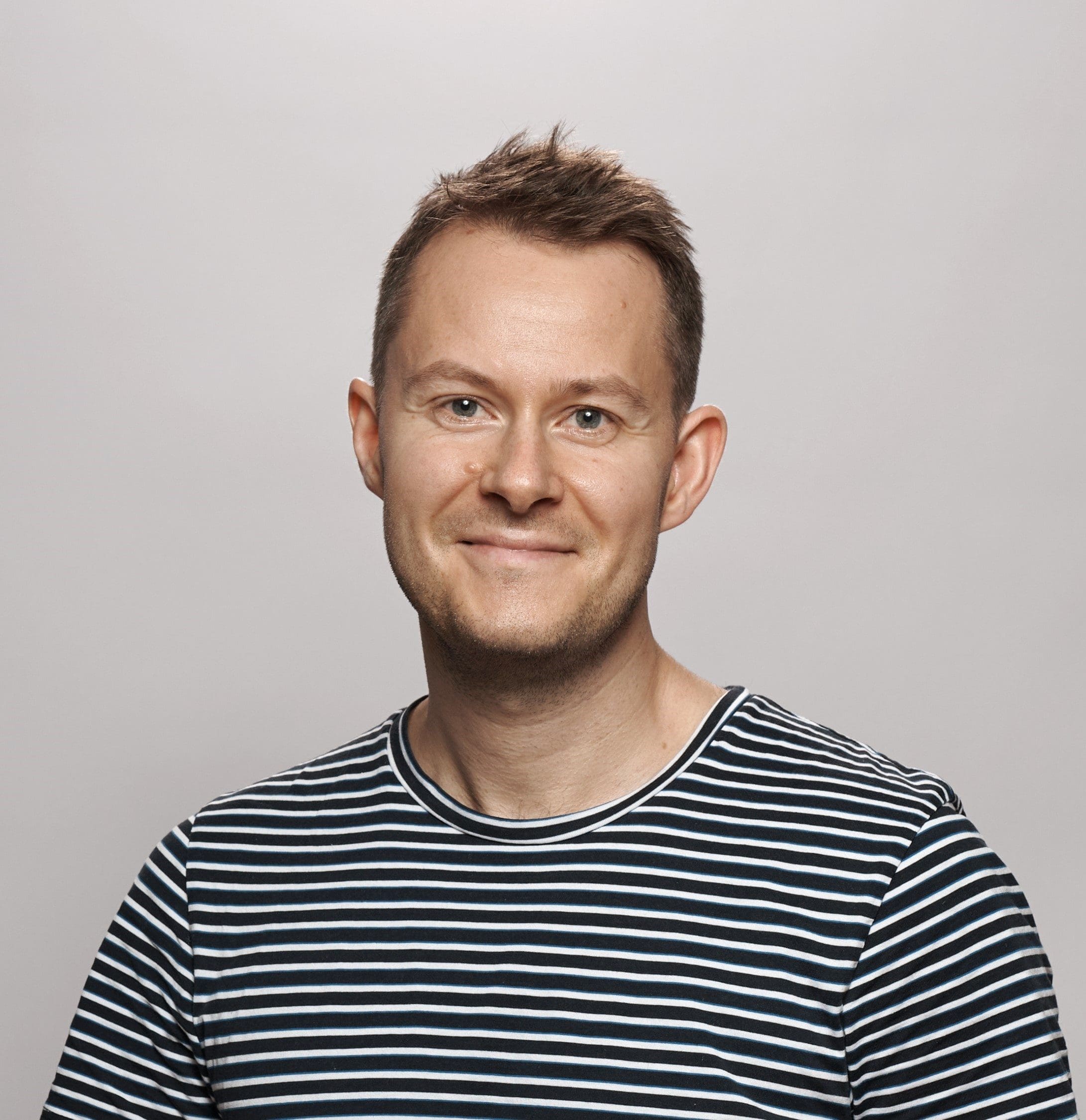
Laura L. Määttä, MD, PhD completed her PhD scholarship on “A Novel Biomarker to Assess Presence and Progression of Diabetic Neuropathy”, which resulted in a dissertation titled “Neurofilament Light Chain and Diabetic Polyneuropathy” at Aarhus University, Department of Clinical Medicine, Danish Pain Research Center with a grant from Danish Diabetes Academy (DDA) (now known as Danish Diabetes and Endocrine Academy).
We have asked Laura L. Määttä to reflect on her time as a DDA-funded researcher.

We studied the biomarker potential of the nerve specific protein neurofilament light chain (NfL) in the context of diabetic neuropathy. The most exciting finding is that the development and severity of diabetic neuropathy may be reflected in blood levels of NfL in people with diabetes indicating that peripheral nerve damage could potentially be measured in a simple blood sample.
Diabetic neuropathy affects around half of all people with diabetes. Despite being so common, there are currently no direct treatments for it, and it often goes undetected. Evaluation of the peripheral nerve status in people with diabetes is thus important for preventive purposes why accurate, easily applicable and objective tools for the detection and quantification of the nerve damage underlying diabetic neuropathy are desired. With this project, we have come a bit closer to understanding the potential and clinical utility of blood-based neuronal biomarkers for the management of diabetic neuropathy and, in the long-run, hopefully contributed to improving the care of people with diabetes and diabetic neuropathy.
The best part of being a PhD student is the freedom to immerse yourself in the project and be curious and explorative. I had the privilege of having an extremely inspiring research stay at the Nuffield Department of Clinical Neurosciences at the University of Oxford. Besides this, I have greatly enjoyed the DDA Summer School combining both basic and clinical research and many national and international meetings, conferences and courses during my time as a PhD student.
Our project included collaborations with institutions outside of Denmark and the EU. Although we knew that this naturally would require preparation of legal collaboration contracts, we were surprised that it turned out to be rather complicated to make these arrangements. Luckily, after lots of discussions and support from legal advisers, the needed arrangements were accomplished.
Everything takes longer than expected but most things can be made possible with patience and perseverance.
The DDA grant has given me the opportunity to develop as a researcher and provided a cross-sectional and inspiring platform for networking and education. Also, the mentoring/peer-support initiatives by the DDA have been of great value. And finally, the DDA-courses have been among the best during my time as a PhD student!
I’m currently working as a resident in Internal medicine. At the same time, I’m working on finishing side-projects that emerged from my PhD project and aiming at acquiring funding for a part-time post-doc position in the future.
Laura L. Määttä’s closest collaborators have been her main supervisor Professor Troels Staehelin Jensen, Danish Pain Research Center; her co-supervisors at Steno Diabetes Center Professor Daniel Witte and Dr Signe T. Andersen; her co-supervisor at Department of Clinical Biochemistry, Aarhus University Hospital Dr Tina Parkner. Laura L. Määttä’s collaborators abroad have been Professor David Bennett and Dr Andreas Themistocleous at Nuffield Department of Clinical Neurosciences, University of Oxford.
Laura L. Määttä have recieved co-funding for her PhD project from Steno Diabetes Center Aarhus and additional support from the A.P. Møller Foundation, the Riisfort Foundation, the Desirée and Niels Yde’s Foundation, the Department of Clinical Biochemistry at Aarhus University Hospital and the Department of Clinical Medicine at Aarhus University.
We wish Laura L. Määttä all the best in her future career.
EAN: 5798 0022 30642
Reference: 1025 0006
CVR: 29 19 09 09